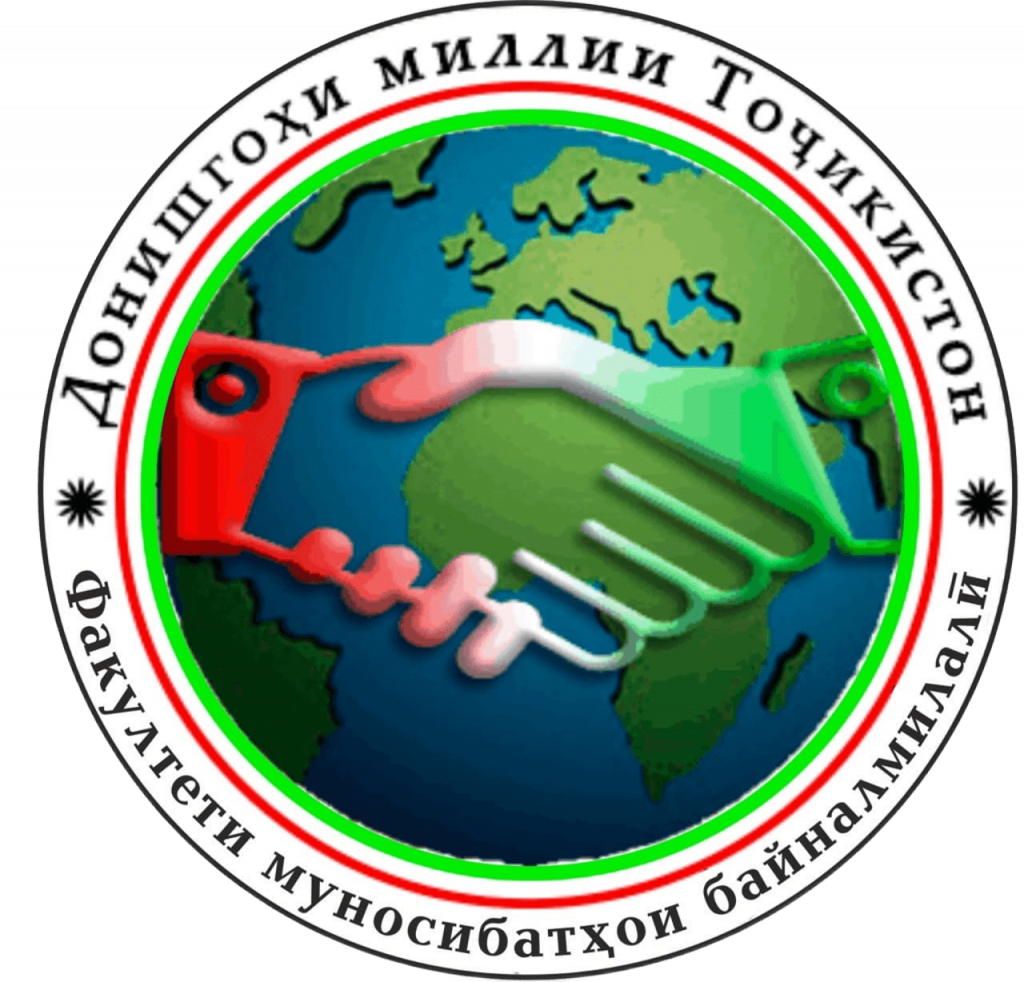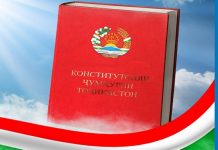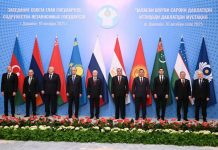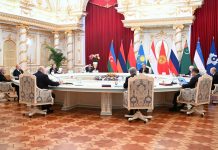One of the key factors strengthening the international authority of the Republic of Tajikistan is its active participation in promoting strategically important initiatives within the framework of global programs aimed at ensuring sustainable development. Of particular significance in this context are the initiatives of the Founder of Peace and National Unity, Leader of the Nation, President of the Republic of Tajikistan, Emomali Rahmon, addressing issues related to climate change and water resource scarcity. These initiatives reflect a high degree of awareness of both state and humanitarian responsibility for preserving the ecological balance and improving living conditions for future generations.
International support for these efforts was confirmed by the adoption of a resolution on December 14, 2022, at the United Nations General Assembly, proclaiming 2025 as the International Year of Glacier Preservation. This decision not only highlights the relevance of the proposed initiative but also serves as a testament to the growing authority of Tajikistan within the international relations system.
The resolution emphasizes several important measures: the establishment of the International Glacier Protection Day (in 2025), the creation of an International Trust Fund dedicated to glacier conservation, and the organization of an International Conference on this topic to be held in Dushanbe. It should be noted that the initiative for glacier preservation is a logical continuation of a set of proposals previously put forward by Tajikistan in the field of water and climate diplomacy, which have since received wide support from the global community through the implementation of numerous international projects and programs.
In recent years, the issue of rapid glacier melting caused by global warming has become a serious concern for the international community. According to observational data, the glaciers of the Himalayas are receding by 10 to 15 meters annually. The Gangotri Glacier, which supplies water to approximately 500 million people, is shrinking by up to 30 meters each year. In New Zealand, the glacier coverage has decreased by 11% in recent years. According to forecasts by the European Environment Agency, up to 75% of the world’s existing glaciers may disappear by 2050, highlighting the scale and global nature of this problem.
It is important to note that large glaciers serve as primary sources of fresh water. Specifically, Tajikistan is home to approximately 14,000 glaciers, which play a crucial role in water supply. Moreover, about 60% of all glaciers in Central Asia are located within the territory of the Republic of Tajikistan. The largest glacier in the region is the Fedchenko Glacier, situated in the Gorno-Badakhshan Autonomous Region.
In addition, a significant number of glaciers are concentrated in the mountain ranges of Hisor, Zeravshan, and Alay. Scientists predict that by 2050, a substantial portion of smaller glaciers in Tajikistan — up to 25% of their total number — may disappear.
Recognizing the urgency of this issue, in 2010 the Republic adopted the State Program for the Study and Preservation of Tajikistan’s Glaciers for the period 2010–2030. The main objectives of this program include operational glaciological monitoring, studying the current condition of glaciers, assessing the impacts of climate change, and developing measures for their protection.The President of the Republic of Tajikistan has repeatedly emphasized in his speeches that issues such as climate change, glacier preservation, and ensuring the global population’s access to drinking water cannot be addressed by individual countries alone. These are global challenges that require collective and coordinated efforts from the international community.
The President of the Republic of Tajikistan, Leader of the Nation Emomali Rahmon, is the principal initiator of the establishment of the International Glacier Preservation Fund. As early as 2015, from the United Nations podium, he emphasized that in today’s world water is as valuable as oil and gas and, in essence, represents an invaluable gift of nature.
Tajikistan possesses substantial water resources, including numerous lakes, rivers, and sources of crystal-clear drinking water. Thanks to this abundance, the country has repeatedly contributed significantly to addressing global water and climate challenges by presenting concrete programs and concepts within the framework of the United Nations. For this reason, Tajikistan is internationally recognized as one of the leading initiators on water and climate issues.
In his speeches, the President of Tajikistan has consistently pointed to climate change and rising air temperatures as the primary causes of the rapid melting of glaciers. He regularly calls on the international community for joint, timely, and effective actions to address water and climate problems, emphasizing that water is not only the foundation of life but also one of the planet’s most vital natural resources.
The rational use and preservation of water resources, including glacier conservation, bear immense economic and social importance. Responsible and careful management of water should become one of the priority tasks for all nations. In this regard, the necessity of collective, coordinated, and effective international efforts is especially pressing.
Understanding the scale and significance of these challenges, the Republic of Tajikistan strengthens its position and authority on the international stage each year through the consistent implementation of initiatives aimed at protecting water resources and glaciers. These actions enhance the country’s role in addressing the pressing issues of our time.
Thus, combating climate change and preserving water resources require not only national efforts but also coordinated international actions. Tajikistan exemplifies a responsible approach and readiness for cooperation, contributing to the formation of a global dialogue and the development of effective solutions to ensure a sustainable future for humanity.
Farzonai Shamsiddin – Candidate of Historical Sciences (PhD), Senior Lecturer of the Department of Diplomacy and Foreign Policy of the Republic of Tajikistan
Ghafoorzoda Fatona – Assistant of the Department of Diplomacy and Foreign Policy of the Republic of Tajikistan




